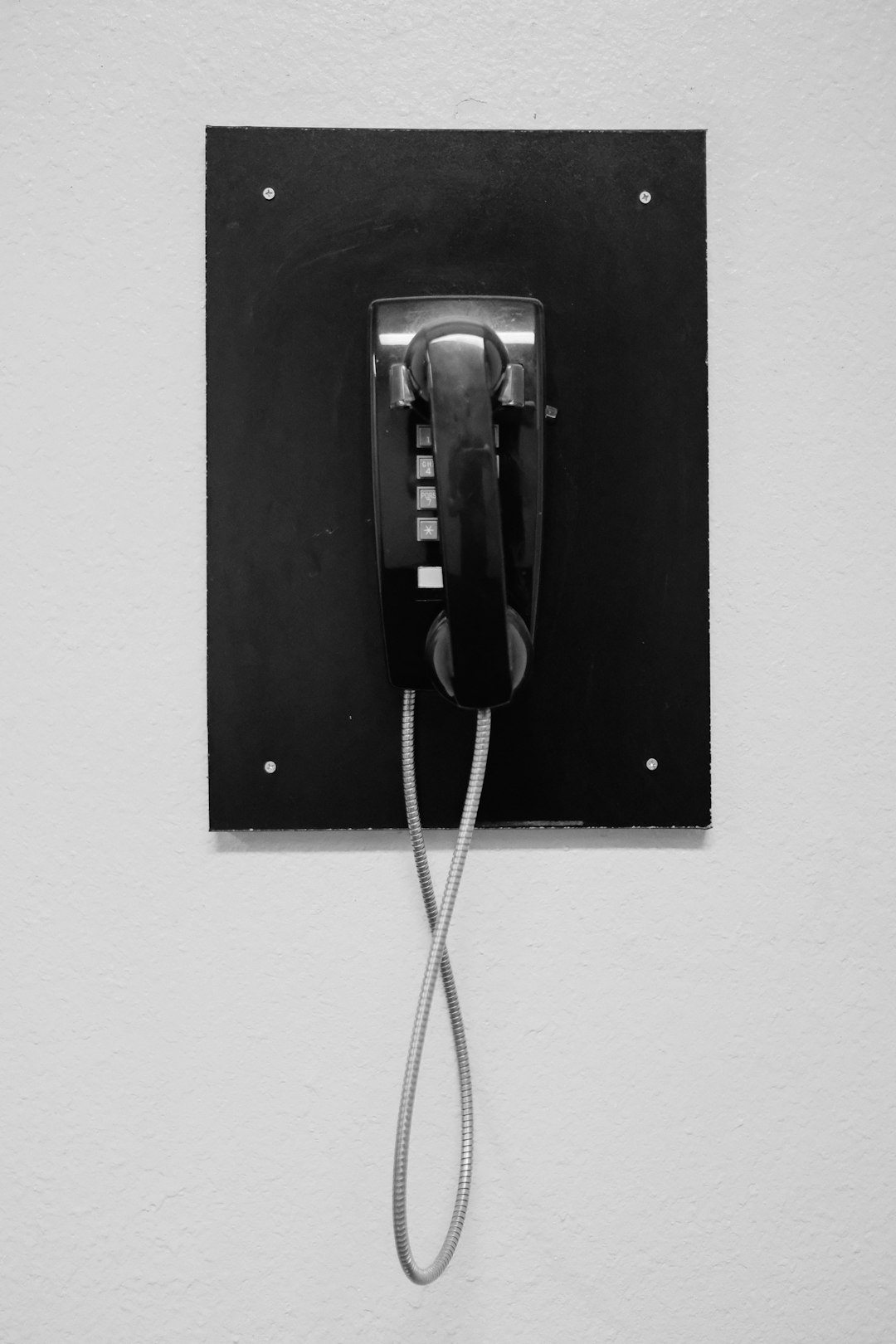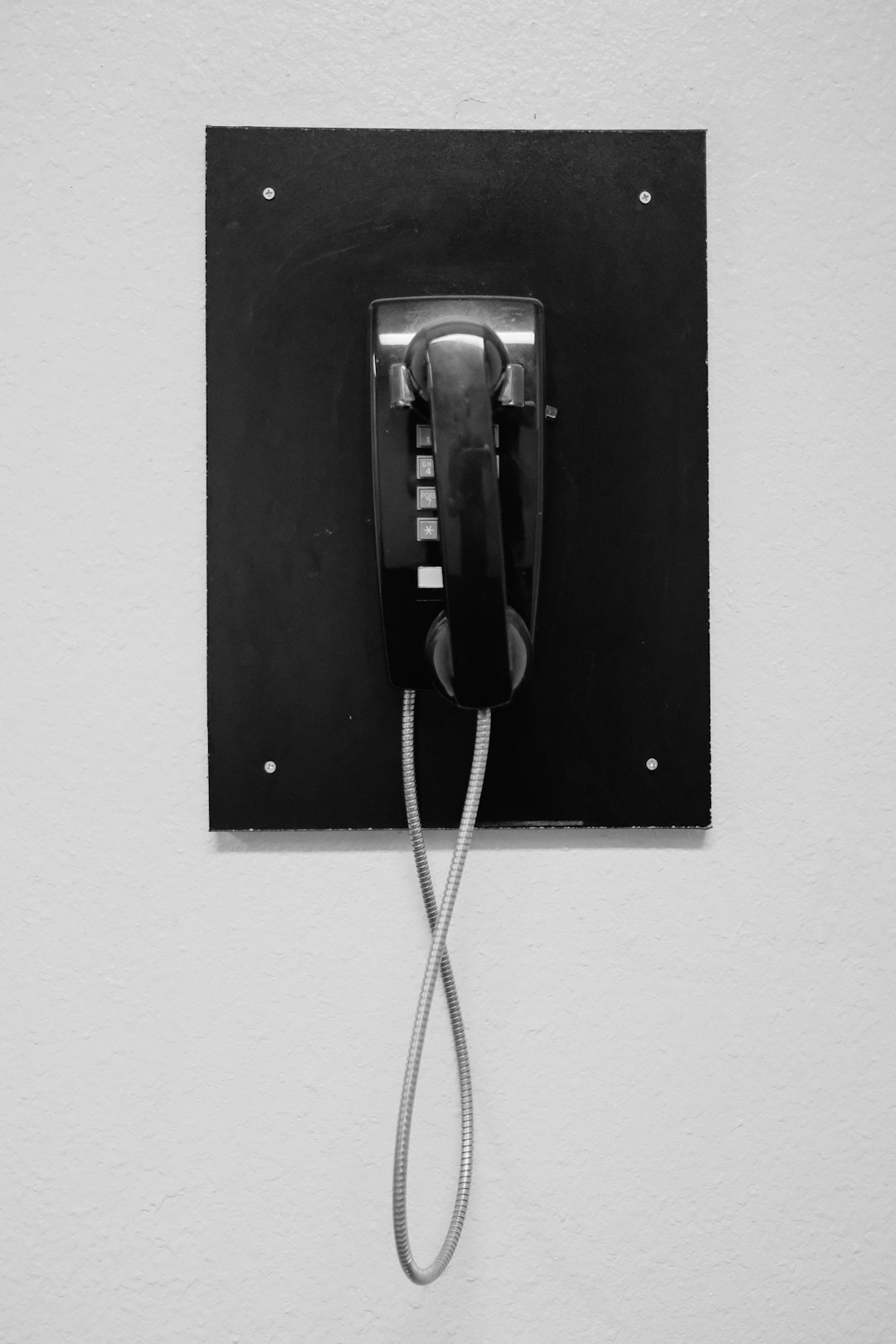Arkansas residents enjoy strong consumer protections under the Arkansas Debt Collection Act, which regulates debt collector practices. A debt collector Lawyer in Arkansas is crucial for navigating these rules, ensuring respectful communication, and understanding rights to verify and dispute debts. Strict guidelines on contact frequency, language, and time frames are enforced, with a 5-year statute of limitations for legal action initiated by debt collectors. Consumers can file complaints with the Arkansas Attorney General's Office against harassing or false practices.
In Arkansas, understanding debt collection limits is crucial for both creditors and consumers. This detailed breakdown explores the state’s debt collection laws, including time frames, rates, consumer rights, and legal action. If you’re facing debt collection in Arkansas, knowing your rights and the legal framework is essential. Engage a debt collector lawyer in Arkansas to navigate these complexities and protect your financial interests effectively.
Arkansas Debt Collection Laws Overview

In Arkansas, debt collectors must adhere to strict state laws designed to protect consumers from aggressive or unfair collection practices. The Arkansas Debt Collection Act outlines clear guidelines for debt collectors operating within the state, ensuring fair and ethical treatment of debtors. Under this act, debt collectors are prohibited from using abusive, oppressive, or humiliating tactics when attempting to recover debts. They must also provide accurate information about the debt and listen to any valid objections or disputes raised by the debtor.
Arkansas law limits the time frame for debt collection activities. Debt collectors typically have a period of four years from the date the original creditor’s lawsuit was filed or from the last payment made on the debt to initiate legal action. This timeframe ensures that debtors have sufficient time to resolve their financial obligations without constant pressure. Additionally, Arkansas debt collection laws mandate specific procedures for debt collectors when communicating with debtors, including restrictions on phone calls, mail, and in-person contact, further emphasizing the need for respectful and lawful debt recovery practices. For any disputes or concerns related to debt collection, seeking advice from a qualified debt collector lawyer in Arkansas is advisable to understand one’s rights and navigate the legal framework effectively.
Time Frames and Rates for Collection

In Arkansas, debt collectors must adhere to strict time frames and rate regulations. Upon hiring a debt collection lawyer in Arkansas, they are required to inform the debtor of their intent to collect the debt within 5 days. This initial contact should include verification of the debt and details about the payment process.
The state limits debt collectors to one attempt per day, except in cases of emergencies. They cannot contact debtors at unreasonable times or places, such as before 7:00 a.m. or after 9:00 p.m., nor can they use abusive, obscene, or threatening language. Interest charges on debts are capped at a maximum annual rate of 10%, and collectors must provide clear and accurate statements detailing the calculation of any fees or interest charged to the debtor.
Consumer Rights and Protections

In Arkansas, consumers have certain rights and protections when it comes to debt collection practices. According to state laws, debt collectors must adhere to strict guidelines, ensuring fair treatment for individuals dealing with outstanding debts. One significant right is the prohibition against abusive or harassing behavior. Consumers can expect respectful communication from debt collectors, without threats, intimidation, or repeated calls aimed at causing distress.
Additionally, Arkansas law sets forth clear rules regarding the process of debt collection, including timeframes and disclosure requirements. A debt collector Lawyer in Arkansas can help consumers understand their rights, such as the right to verify the debt and request validation from the creditor. These protections aim to balance the interests of debtors and creditors, ensuring a fair and transparent debt collection process.
Legal Action and Attorney Involvement

When a debt goes unpaid, debt collectors in Arkansas may take legal action, which often involves the involvement of an attorney. According to state laws, debt collectors must adhere to strict guidelines when pursuing payment, including restrictions on when and how they can contact consumers. If a debt collector or their attorney engages in harassing, false, or misleading practices, consumers have the right to file a complaint with the Arkansas Attorney General’s Office.
In Arkansas, a debt collector cannot file a lawsuit against an individual consumer for debts incurred primarily for personal, family, or household purposes if the original creditor did not also initiate legal action within five years of the first missed payment. This statute of limitations provides significant protection to consumers and limits the circumstances under which a debt collector Lawyer Arkansas can take legal action. Additionally, debt collectors must provide proper notice to consumers before taking any further steps, ensuring transparency and fairness throughout the process.






